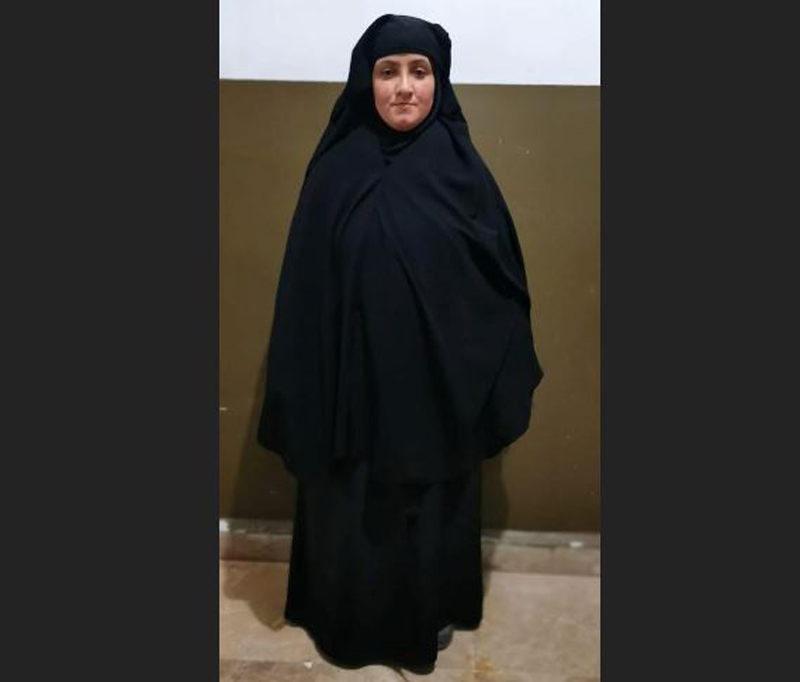×
The Standard e-Paper
Stay Informed, Even Offline

Turkey captured the sister of dead Islamic State leader Abu Bakr al-Baghdadi on Monday in the northern Syrian town of Azaz, a senior Turkish official told Reuters, and is interrogating her husband and daughter-in-law who were also detained.
Rasmiya Awad, 65, was detained in a raid near Azaz, the official said, referring to a Turkish-controlled Syrian town near the border. When captured, she was also accompanied by five children.